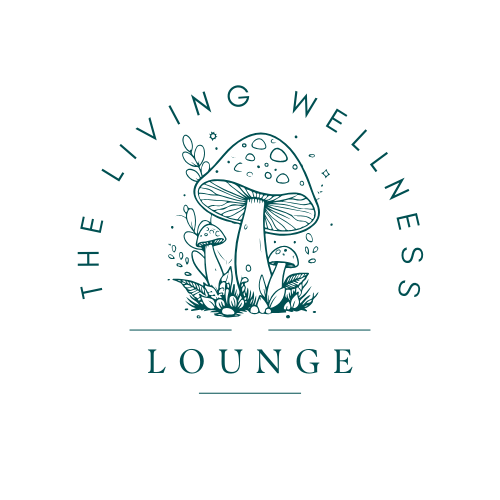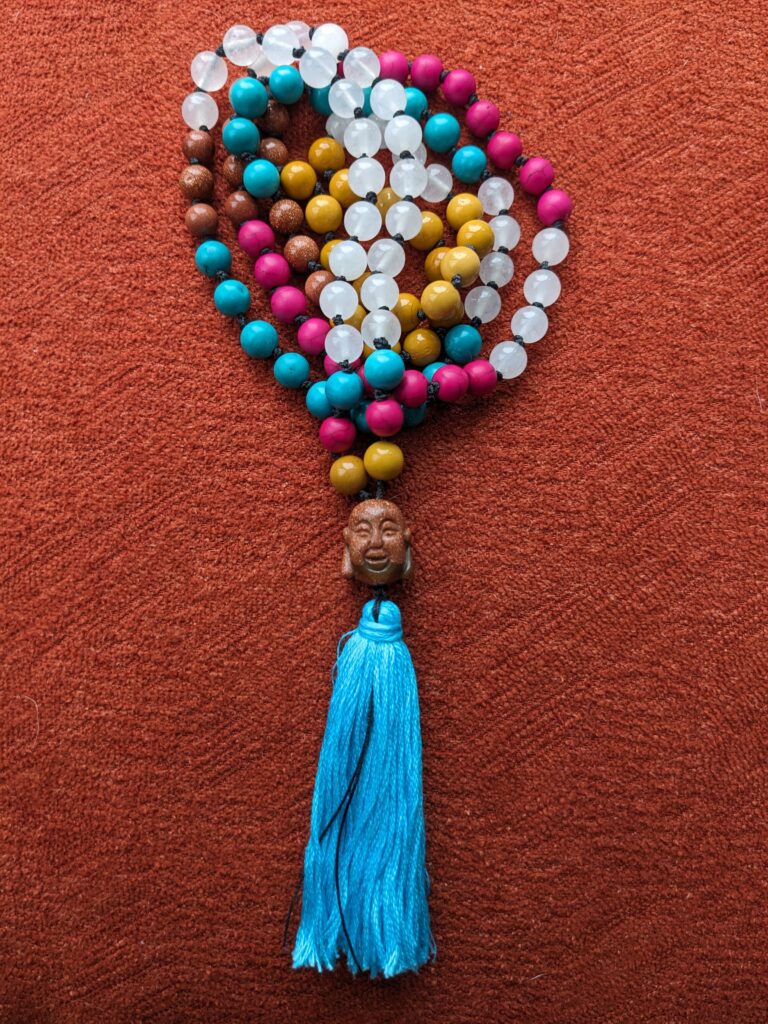Emotion Well Being, Lifestyle Medicine
Title: Why Healing Takes Courage—And How to Find Yours
Healing Takes Courage
It isn’t just about managing symptoms or following a wellness plan. It’s about something much deeper—confronting parts of yourself, setting boundaries, and often going against the grain of what society expects. Healing takes courage because it asks you to do the hard work of addressing not just your physical health, but your emotional and mental well-being as well.
Healing is More Than Physical I’ve been taking a psychological face reading course recently, and it’s opened my heart in ways I didn’t expect. Through this practice, I’ve come to understand just how much our early life experiences and emotional patterns shape our ability to heal. These things impact our ability to reach out for help, trust that we’re supported, and ultimately find the freedom to feel good in our bodies.
Many of us didn’t receive enough nurturing in our formative years, and this leaves a lasting imprint. It affects our strengths, weaknesses, and the obstacles we face on our journey through life—especially when it comes to healing. Healing means confronting these wounds, and for many, it feels like an uphill battle to even begin.
Why Healing Takes Courage Healing takes courage because it asks us to stop and confront parts of ourselves we might have ignored or suppressed for years. This process can be painful, but with the right perspective, it becomes liberating. We start to see that we’re not just victims of circumstance—we have influence over our health outcomes, and we can reclaim our power.
Here are two ways healing demands courage:
1. Healing often begins with confrontation. We have to assess our habits, choices, and patterns, and be willing to ask, “Why am I here? What choices brought me to this point?” It’s painful to face parts of ourselves that we’ve been avoiding. Maybe it’s the realization that certain behaviors are no longer serving us, or that unresolved emotional pain is manifesting in our bodies.
But with confrontation comes liberation. When we acknowledge that we have the power to influence our health, we can start to unravel the layers that have been holding us back. Yes, this process can be uncomfortable, but it’s also the key to freedom.
2. Healing also asks us to make choices that can feel risky—choices that support our health, but may go against societal norms. It might mean saying no to foods or alcohol in social settings, or prioritizing sleep over a night out with friends. It’s about setting boundaries that help you feel good in your body, even when it feels like you’re standing apart from the pack.
We’re social creatures, and going against the grain can feel dangerous. But when you make choices that prioritize your health, the rewards are worth it. The energy, vitality, and sense of well-being that come with feeling good in your body far outweigh the discomfort of being different.
Healing Benefits Everyone Around You Here’s the thing: when you choose to heal, it’s not just you who benefits. The people around you will notice the changes, and you become a light for others. When you feel good in your body, you can show up more fully for your life—and in doing so, you inspire those around you to do the same.
Conclusion Healing isn’t a straightforward path. It asks you to confront old wounds and make difficult choices, but the rewards are life-changing. Healing takes courage, but that courage lives inside you. When you choose to face your pain and prioritize your health, you reclaim your power—and in turn, you help others do the same.

